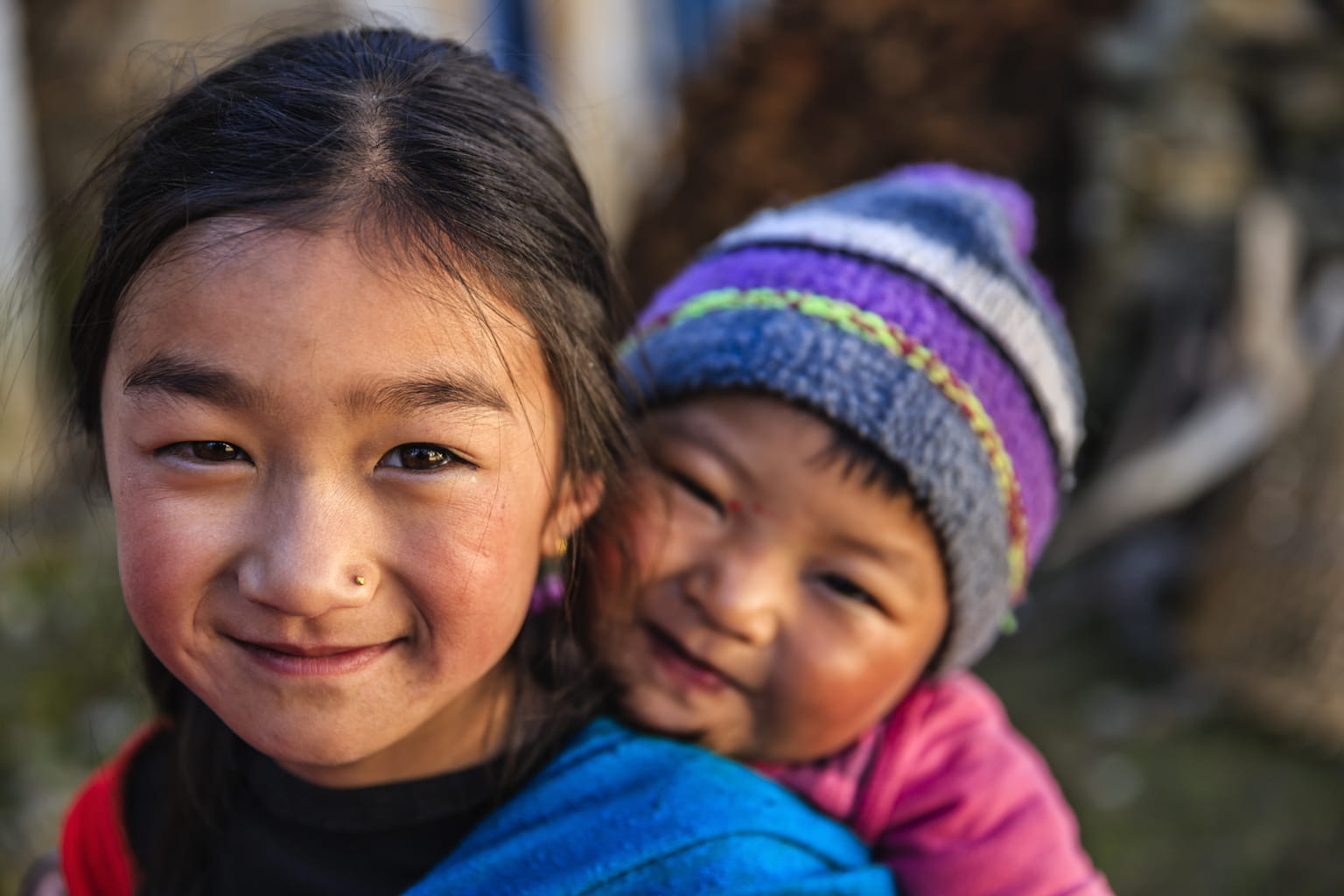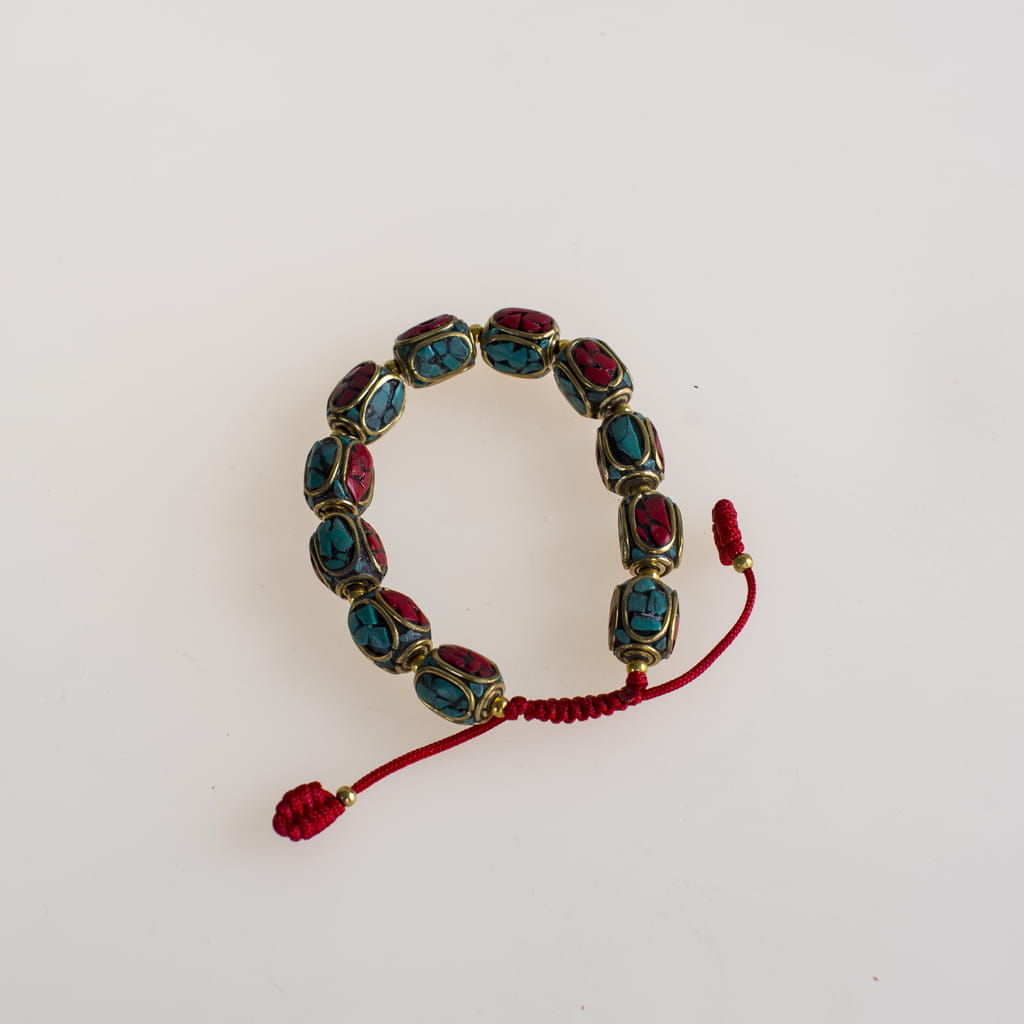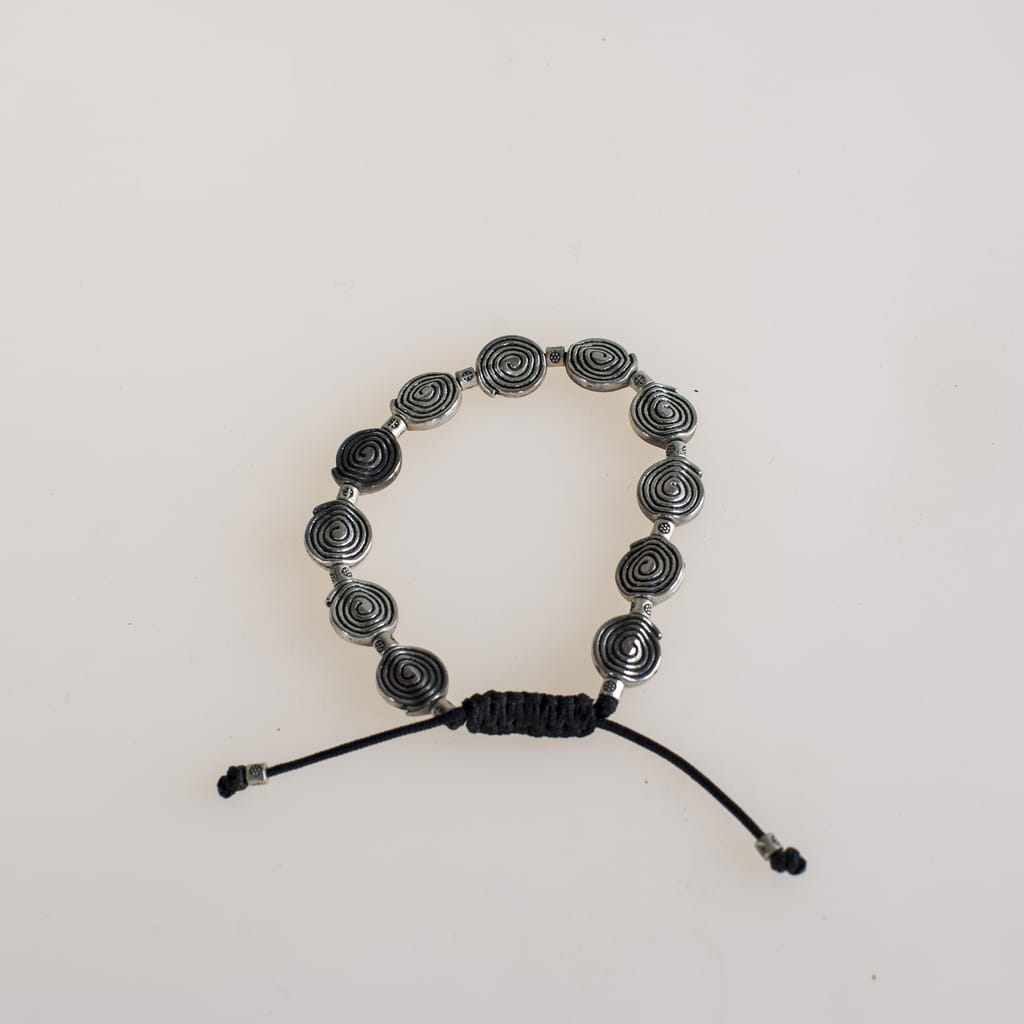challenges faced by women and girls in nepal
As a global society, we can go far with an awareness and understanding of other cultures, traditions, and beliefs. With open minds, we can unify and stand up for those who need a helping hand.
With this in mind, it is time for women all over the world to get together, organize, and stand up for the girls and women of Nepal. This is an elemental part of the heart and soul of Arti & Ashmita and here is why we must do this.
WOREC Nepal, a movement based organization that functions on the premise of human rights and social justice as a prerequisite of peace, social justice, and sustainable development recorded in one year 793 cases of domestic violence, 200 cases of social violence, 256 cases of rape, 42 cases of attempted rape, 163 cases of murder, 22 cases of attempted murder, 32 cases of human trafficking, and 55 cases of sexual violence amongst the female population of Nepal. These numbers represented only cases that were reported.
In Nepal, it is very uncommon for women to seek assistance from any source including their own families for violence that they may have experienced. 77% have never sought help. Beyond such direct forms of violence, women and girls experience violence when trafficked into forced labor or prostitution with between 5,000 to 20,000 women and girls between the ages of 10 and 20 years old trafficked every year, 75% of these are under the age of 18, with the majority of whom are sold into prostitution.
Women and girls in Nepal, as well as many other countries within the African and Asian subcontinents, are often considered homemakers, meant only to cook, clean, and to raise a family. They are given fewer opportunities to progress and to see what lies beyond their home town or village, therefore, having a much lower likelihood to represent the things that they are most passionate about.

Even educated women find it difficult to go to work, to pursue a career or to achieve the things that they want in life. However, within Nepal’s city areas women have begun to speak up, their strength and determination are driving them forward but the situation in rural towns and villages remain the same where women are not given any platform to stand on.
With practices such as Chhaupadi - the forcing of a woman during menstruation or a woman having recently given birth to live separated from the family unit until the bleeding stops. And the notion that women cannot live independently, which prevents victims of domestic abuse from leaving their spouse or family, the women and girls have very little willpower to break the cycle.
This is largely due to poverty and gender-based inequality. Women and girls are given fewer opportunities and priority to men when it comes to education and employment. Nepal’s traditional culture believes in having a huge amount of respect for women of all age groups and being treated as Kumari – a living Goddess, the norms, and values have been taught throughout Nepal for many centuries, but due to the lack of understanding and education there exists an ingrained inequality in Nepalese society.
Another issue faced by women and girls in Nepal is the feeling of being dominated by men in every field and every aspect of their daily lives.
Although the Nepalese government has developed certain reservation systems to tackle this issue, clearly, not enough is being done. An example being; a woman in Nepal can run a farm but have no rights or access to the profits the land yields. Women in rural or even some city areas face regular occurrences of domestic violence due to the domineering behavior of the men in their society, this is once again occurring due to the lack of education, leaving the women to face this problem with a lack of support.
Unemployment is also a big problem in Nepal with more and more men and women migrating to neighboring India in search of ways to provide for their families. However, the open border - a treaty signed between India and Nepal in 1950 which allows the free movement of goods and people between the two countries, allows for much easier movement of women and girls for both prostitution and hard-labor. The Nepalese government enacted the Human Trafficking and Transportation Act in 2007, but without the proper implementation, the purpose is not being served and the issue requires greater international awareness and attention.
Sad as all of this is, together we have the power to bring the light, to support women and girls, to fund education and healthcare, and to contribute what we can to the well-being of all - women and girls, men and boys.
This is the kind of world Arti & Ashmita envision and will continue to invest in. While we are just a small, woman-owned start up business, we have big dreams because we see the need for big change.
With gratitude,
Arti & Ashmita
Curated Bracelets




